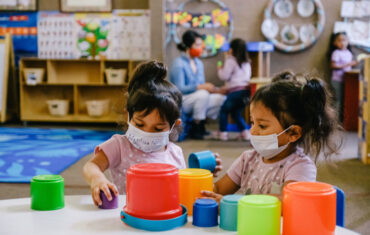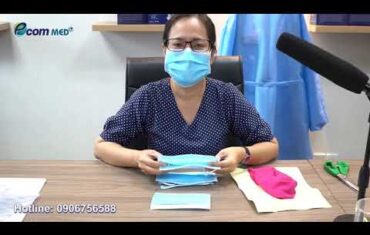If you’re caring for someone at home who has COVID-19, there are steps that you can take regarding surgical face masks, gloves, and cleaning. Aim to do the following:
Help cover basic needs
- Make sure the person who is sick drinks a lot of fluids and rests
- Help the person who is sick follow their doctor’s instructions for care and medicine.
- Help them with grocery shopping, filling prescriptions, and getting other items they may need including face masks. Consider having the items delivered through a delivery service, if possible.
- Take care of their pet(s), and limit contact between the person who is sick and their pet(s) when possible.
Protect yourself and other with face masks
- Isolate them in a separate area of the home away from other people, ideally providing them with a separate bathroom as well.
- Have a supply of surgical face masks that they can wear, particularly if they’re going to be around others.
- Some people with COVID-19 may not be able to wear a surgical face mask, as it may make breathing harder. If this is the case, plan to wear one when you’re helping to care for them in the same room.
- Use disposable gloves when handling soiled laundry. Throw the gloves away in a closed garbage bin after use and promptly wash your hands.
- Clean your hands frequently using soap and water or an alcohol-based hand sanitizer. Try not to touch your eyes, nose, or mouth if your hands aren’t clean.
- Remember to clean high-touch surfaces daily. This includes countertops, doorknobs, and keyboards.
A surgical face mask won’t protect you from contracting SARS-CoV-2. However, it can help prevent you from transmitting the virus to others. Only wear a face mask if you have COVID-19 and need to be around others or if you’re caring for someone at home who can’t wear one. It’s very important that you only wear a surgical face mask in the above situations. There’s currently a shortage of face masks and respirators, and healthcare workers and first responders urgently need them. If you have unused surgical face masks, you can donate them by contacting your local hospital or fire department or by checking with your state health department.






